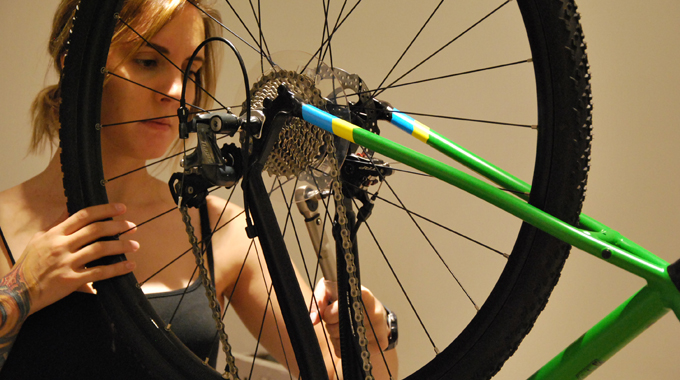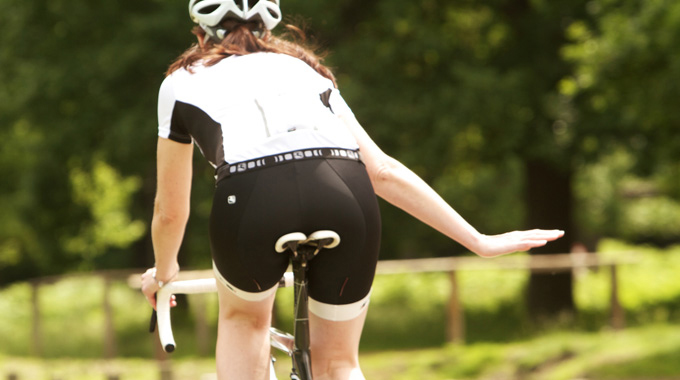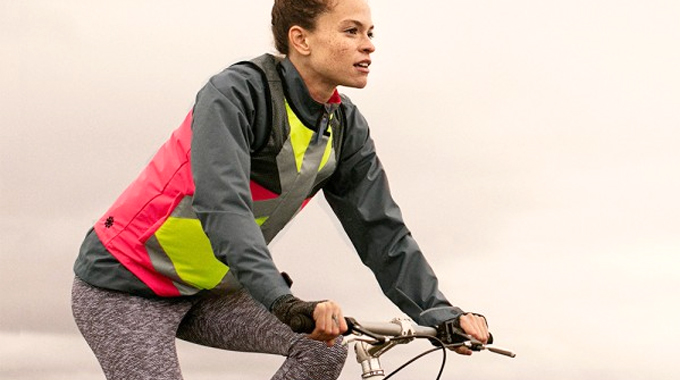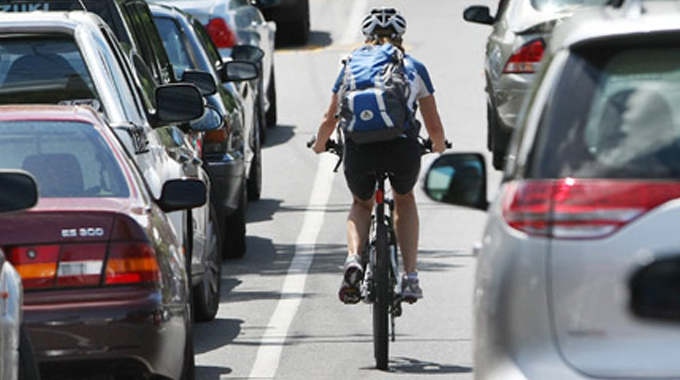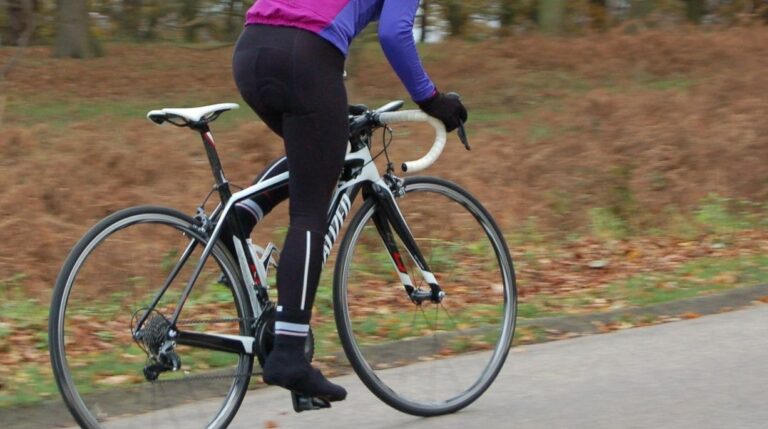You’ve decided to ride a bike to work – great choice! Whether you’re a seasoned summertime cyclist, or getting out there for the first time, commuting by bike doesn’t have to be complicated.
We all have good days and bad days, and by giving yourself the best start, you’ll have more of the former, and less of the latter. So here are a few things to get you started…
Get the right tool for the job

Not all bikes are created equal, and neither are all commutes!
Long or short, flat or hilly, tarmac or towpath; make sure your bike’s up for the job, and if it’s not, invest in one that is. Make friends with your local bike shop, as they can help you pick the right bike for your commute.
Your guide to buying a second-hand bike
All commuter bikes should have good quality components that will stand the test of time, and while sometimes the initial cost can be a little daunting, it’s a necessary investment. Generally, a bike that costs under £300 will be fitted with cheaper parts, and it’s designed for the occasional ride or pootle. However, if you’re riding it more than 6 miles a day, all year round in all weathers, you need something that’s designed to do just that.


